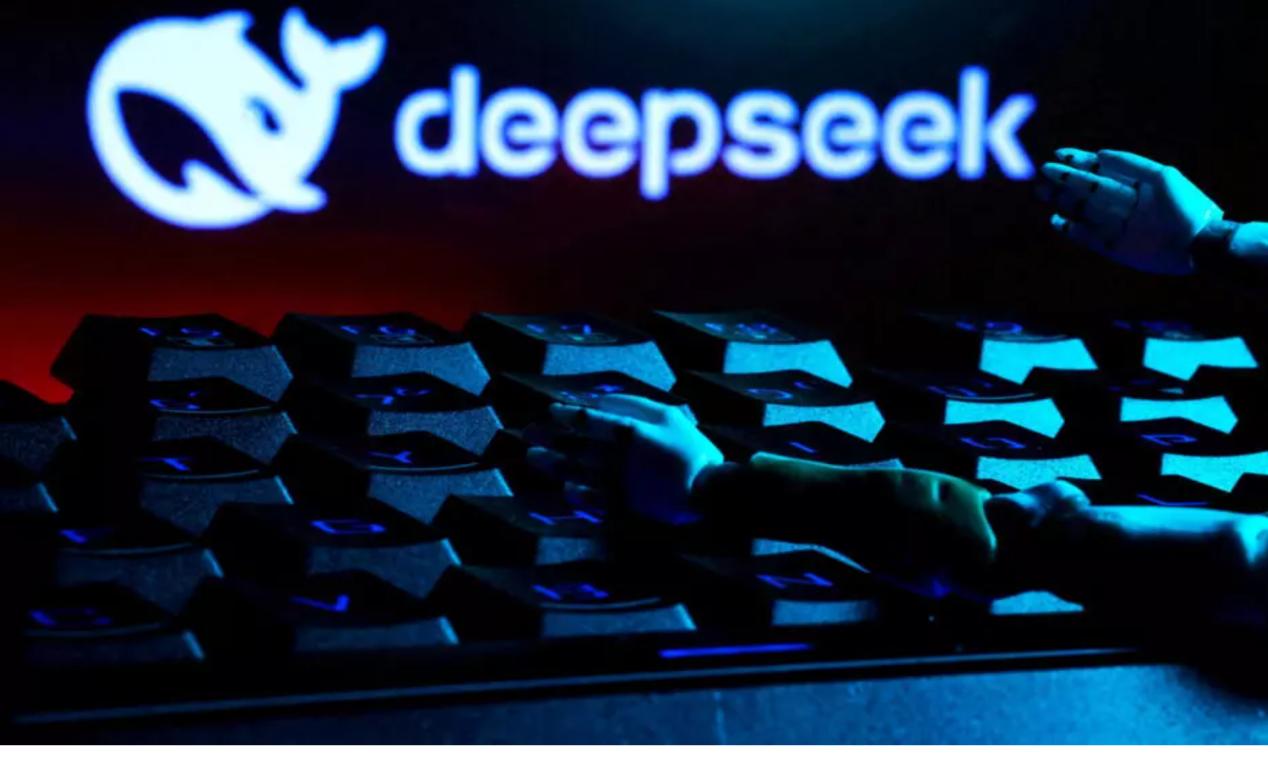
On February 4, 2025, the Australian government made an important announcement: it would ban the use of artificial intelligence programs developed by the Chinese start-up DeepSeek on government devices. This decision quickly drew global attention and sparked widespread discussions, particularly regarding data security, geopolitics, and the future direction of artificial intelligence.
I. Background and Reasons for the Ban
In a statement, Australian Home Affairs Minister Tony Burke clearly stated that, based on national security considerations, all DeepSeek products, applications, and services would be immediately removed from government systems. He pointed out that the threat assessment by Australian intelligence agencies concluded that DeepSeek's related technologies posed an unacceptable risk. This decision was not aimed at China but was intended to protect the Australian government and its assets from potential risks.
DeepSeek, a start-up from Hangzhou, quickly gained prominence with its high-performance and low-cost AI model, DeepSeek-R1, and received widespread attention globally. However, as its influence expanded, concerns about data security and privacy protection also emerged. The Australian government's ban is undoubtedly a direct response to these concerns.
II. Concerns over Data Security and Privacy Protection
In the era of big data, the security of personal information and privacy protection have become global focal points. As a powerful AI model, DeepSeek needs to process and store large amounts of data, which naturally raises concerns in some countries about data leakage. Andrew Charlton, the Australian government's cybersecurity envoy, said in an interview that the information uploaded by users when using DeepSeek "may not be properly protected," and warned that applications like DeepSeek "could expose users to the risk of malware."
III. Geopolitical Considerations
Apart from concerns over data security and privacy protection, Australia's ban on the use of DeepSeek AI programs on government devices also involves geopolitical considerations. In the current international situation, geopolitical competition is becoming increasingly intense, and every country is striving to safeguard its own interests and security. Australia's move undoubtedly sends a signal to the outside world: in key technologies and fields, Australia will adopt a more cautious and conservative attitude.
The rise of DeepSeek has made some countries feel threatened. Especially in the critical field of artificial intelligence, every country wants to take the initiative and keep advanced technologies in its own hands. By prohibiting the use of DeepSeek AI programs on government devices, Australia aims to safeguard its own interests while also demonstrating its stance and attitude in the field of science and technology to the world.
IV. Impact and Challenges for DeepSeek
For DeepSeek, the ban imposed by the Australian government is undoubtedly a significant blow. This not only affects its market share and user base in Australia but may also have a ripple effect on its global business. The ban may raise public doubts about the security and reliability of DeepSeek, thereby damaging its brand image. Such negative effects may spread to DeepSeek's performance in other markets, especially in those countries that also attach great importance to data security and privacy protection.
DeepSeek needs to carefully review its data security and privacy protection measures, enhance technological research and development and investment to ensure the safety and privacy of user information. At the same time, it should actively communicate and cooperate with governments and regulatory agencies around the world to allay external concerns and worries. Only in this way can DeepSeek remain invincible in the fierce market competition.

When German Chancellor Mertz officially announced that he would write a letter to the European Commission calling for the relaxation of the 2035 ban on the sale of fuel vehicles and for space to be reserved for hybrid and synthetic fuel models, this policy game that has affected the European automotive industry quickly attracted global attention.
When German Chancellor Mertz officially announced that he w…
On December 3rd local time, the copper price on the London …
The European Commission announced a new economic security s…
The European Commission announced a new economic security s…
For nearly a year, US President Donald Trump has launched a…
In December 2025, the Russia-Ukraine conflict entered its f…